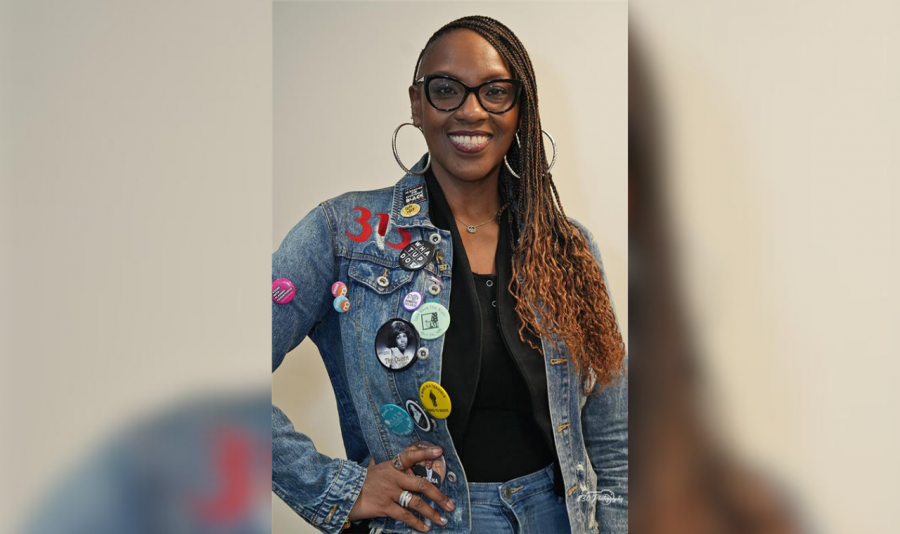The Metro: The SASHA Center provides holistic healing for sexual assault survivors
When women actors in Hollywood called out other actors and executives who committed some form of sexual violence against them, the whole world took notice. Survivors were finally being heard and it sparked the #MeToo era, in which accusations of sexual misconduct were heard more than ever before.
In Michigan, decades of abuse by sports doctor Larry Nassar came to light around the same time. A few years ago, the University of Michigan agreed to a settlement worth $490 million, with over one thousand people saying they were sexually assaulted by the late physician Robert Anderson.
According to a 2018 survey by the National Sexual Violence Resource Center, 81% of women and 43% of men reported experiencing some form of sexual harassment and/or assault in their lifetime.
It’s also important to note that many survivors are harmed by someone they know, someone close to them. In the US, 24 people per minute are victims of rape, physical violence or stalking by an intimate partner, according to the National Intimate Partner and Sexual Violence survey.
So how far have we come when it comes to having conversations about domestic violence and abuse to prevent it from happening? And what kind of support does a survivor need to work through their trauma?
Kalimah Johnson is the Founder, CEO and Executive Director of the Sexual Assault Services for Holistic Healing and Awareness (SASHA) Center, which provides services for sexual assault recovery, prevention, and educational agency. Kalimah is also a consultant on relationship safety and management.
We spoke with Kalimah about the SASHA center and the importance of the language we use when talking about sexual violence, specifically against Black women. We also learned about the upcoming fifth edition of a back-to-school program hosted by the SASHA center.


Listen to The Metro weekdays from 10 a.m. to noon ET on 101.9 FM and streaming on demand.
Subscribe to The Metro on Apple Podcasts, Spotify, NPR.org or wherever you get your podcasts.
Support local journalism.
WDET strives to cover what’s happening in your community. As a public media institution, we maintain our ability to explore the music and culture of our region through independent support from readers like you. If you value WDET as your source of news, music and conversation, please make a gift today.More stories from The Metro
The post The Metro: The SASHA Center provides holistic healing for sexual assault survivors appeared first on WDET 101.9 FM.






